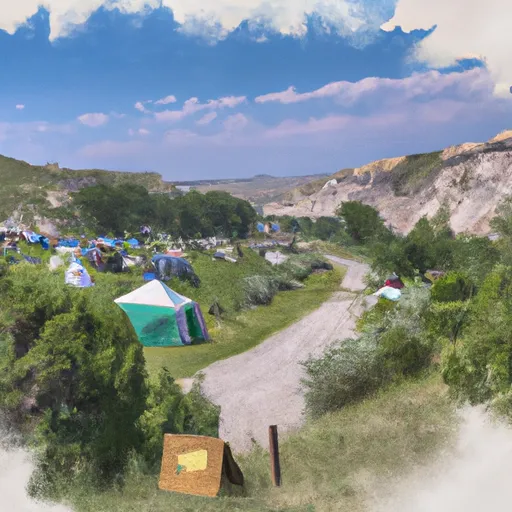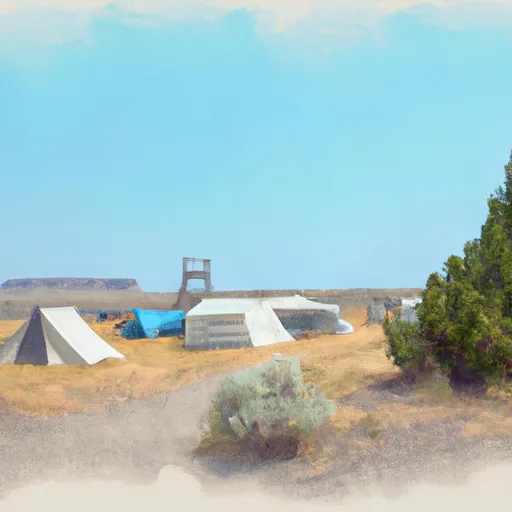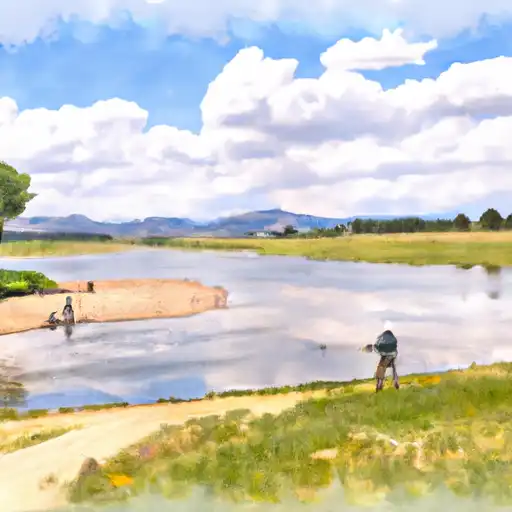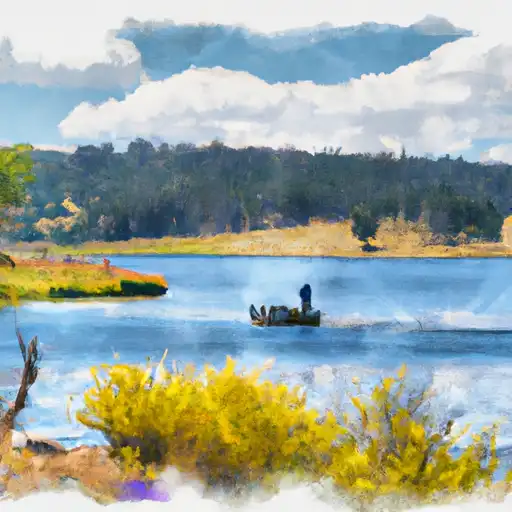Summary
With its towering elevation and awe-inspiring size, it stands as an impressive landmark for mountaineers and outdoor enthusiasts alike. Rising to an elevation of approximately [insert elevation], Lost Ranger Peak offers breathtaking panoramic views of the surrounding landscape.
During the winter season, Lost Ranger Peak experiences a diverse snowpack range. The snowpack accumulation can vary depending on weather conditions, but typically ranges from [insert snowpack range]. This makes it an alluring destination for winter sports enthusiasts, providing opportunities for skiing, snowboarding, and snowshoeing.
Situated in a region surrounded by pristine wilderness, Lost Ranger Peak contributes to the hydrological network by providing runoff into several creeks and rivers. [Insert specific creek/river names], among others, receive essential water resources from the mountain's snowmelt, ensuring the vitality of the local ecosystem and providing a habitat for various species of flora and fauna.
The name "Lost Ranger Peak" carries an intriguing history. [Insert historical context or folklore]. These tales add an element of mystery and allure to the mountain, captivating the imaginations of those who venture into its scenic trails. Whether you seek adrenaline-pumping adventures or simply wish to immerse yourself in the beauty of nature, Lost Ranger Peak offers an unforgettable mountaineering experience in the heart of the Rocky Mountains.
°F
°F
mph
Wind
%
Humidity
15-Day Weather Outlook
5-Day Hourly Forecast Detail
Regional Streamflow Levels
174
Cubic Feet Per Second
671
Cubic Feet Per Second
80
Cubic Feet Per Second
9
Cubic Feet Per Second
Area Campgrounds
| Location | Reservations | Toilets |
|---|---|---|
 Seedhouse Group Campground
Seedhouse Group Campground
|
||
 Seedhouse
Seedhouse
|
||
 Seedhouse Campground
Seedhouse Campground
|
||
 Seedhouse Guard Station
Seedhouse Guard Station
|
||
 Teal Lake Group Site
Teal Lake Group Site
|
||
 Teal Lake Campground
Teal Lake Campground
|

 Tiago Lake
Tiago Lake
 South Delaney Butte Lake
South Delaney Butte Lake
 North Delaney
North Delaney
 South Delaney Lake
South Delaney Lake
 South Delaney
South Delaney